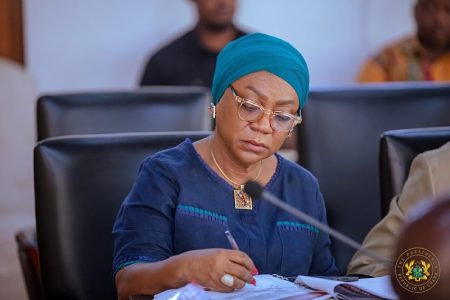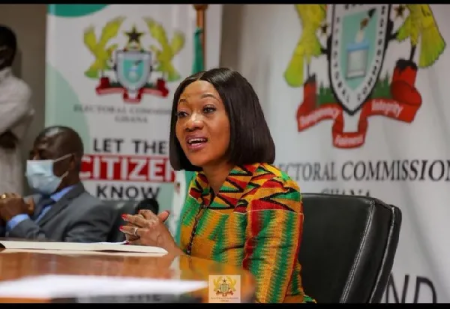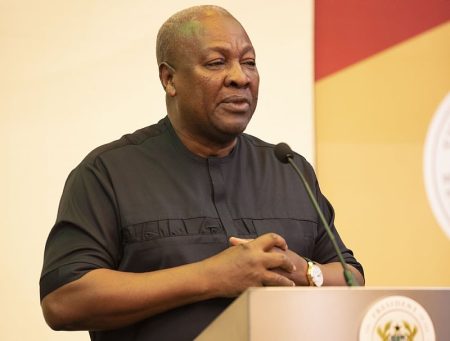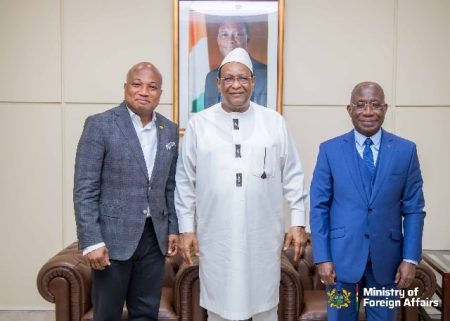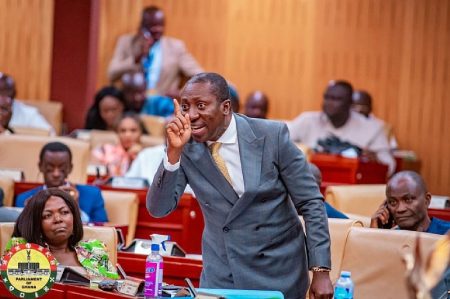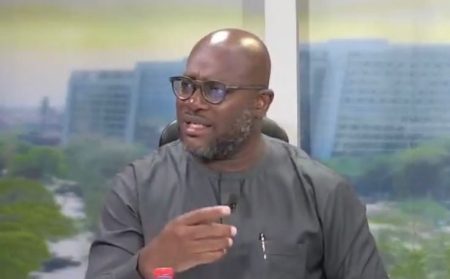Uncle Ato, a seasoned veteran of the Ghanaian gospel music scene, has revealed the disheartening reality of royalty payments in the country’s music industry. In a candid interview, he disclosed that throughout his extensive career, he has received only a single royalty payment from the Ghana Music Rights Organisation (GHAMRO), the body responsible for collecting and distributing royalties to musicians. This solitary payment, which he received years ago, amounted to a meager GH¢12 or GH¢120, a sum that underscores the systemic challenges facing Ghanaian musicians. This revelation highlights the stark contrast between the artist’s contributions to the industry and the inadequate compensation received, raising concerns about the effectiveness and transparency of GHAMRO’s operations. Uncle Ato’s experience unfortunately resonates with the experiences of many other Ghanaian musicians who struggle to receive fair compensation for their creative work.
The veteran musician’s lack of follow-up regarding his royalties stems from a combination of factors. Primarily, the paltry sum of his initial payment discouraged him from pursuing further inquiries. Coupled with this, the widespread anecdotal evidence of similarly low royalty payments received by his fellow musicians solidified his perception that the effort required to pursue these payments wouldn’t be worthwhile. This prevailing sentiment among musicians indicates a systemic issue within the royalty collection and distribution system, further eroding artists’ trust in the organizations tasked with protecting their rights. However, spurred by the renewed attention to the issue, Uncle Ato expressed his intention to follow up with GHAMRO to determine if any further royalties are due to him. This decision signals a potential shift in artists’ approach to demanding their rightful earnings and holding GHAMRO accountable.
Beyond the personal anecdote of his own royalty experience, Uncle Ato also addressed the broader impact of digital technology on the music industry, recognizing its dual nature as both a boon and a bane. While acknowledging the unprecedented opportunities created by digital platforms for music creation, distribution, and consumption, he also highlighted the detrimental effects of digital piracy. This illegal practice, facilitated by the ease of copying and sharing digital files, deprives artists of their rightful earnings, undermining their ability to sustain their careers and contribute further to the industry’s growth. This concern is not unique to Ghana but is a global challenge that requires concerted efforts from governments, industry stakeholders, and technology companies to address effectively.
The rise of digital music platforms has revolutionized the way music is accessed and consumed, offering unprecedented opportunities for artists to reach wider audiences and control their creative output. However, this digital revolution has also brought with it the pervasive challenge of digital piracy, which has severely impacted artists’ income streams. The ease of copying and distributing digital music files has made it increasingly difficult for artists to protect their intellectual property rights and receive fair compensation for their work. This has led to a decline in revenue streams for many artists, particularly those in developing countries like Ghana, where enforcement of copyright laws and access to effective anti-piracy measures are often limited.
The issue of digital piracy is further exacerbated by the complex and often opaque nature of digital royalty collection mechanisms. The proliferation of different streaming services, each with its own royalty structure and reporting system, makes it challenging for artists to accurately track their earnings and ensure they are receiving their due. This complexity is often compounded by the lack of transparency from some digital platforms regarding their royalty calculation methods, leaving artists in the dark about how their earnings are determined. Furthermore, the comparatively low royalty rates offered by some streaming services, combined with the sheer volume of music available online, can result in minimal payouts for individual artists, even those with significant numbers of streams.
The situation facing Uncle Ato and other Ghanaian musicians underscores the urgent need for comprehensive reforms within the country’s music industry. This includes strengthening copyright enforcement mechanisms to combat digital piracy, promoting greater transparency and accountability within royalty collection organizations like GHAMRO, and empowering artists with the knowledge and resources to effectively navigate the digital landscape. Implementing these reforms will require a collaborative effort from all stakeholders, including government agencies, industry bodies, technology platforms, and the artists themselves. By working together, they can create a more equitable and sustainable music ecosystem that supports the livelihoods of artists and fosters the continued growth of the Ghanaian music industry.






